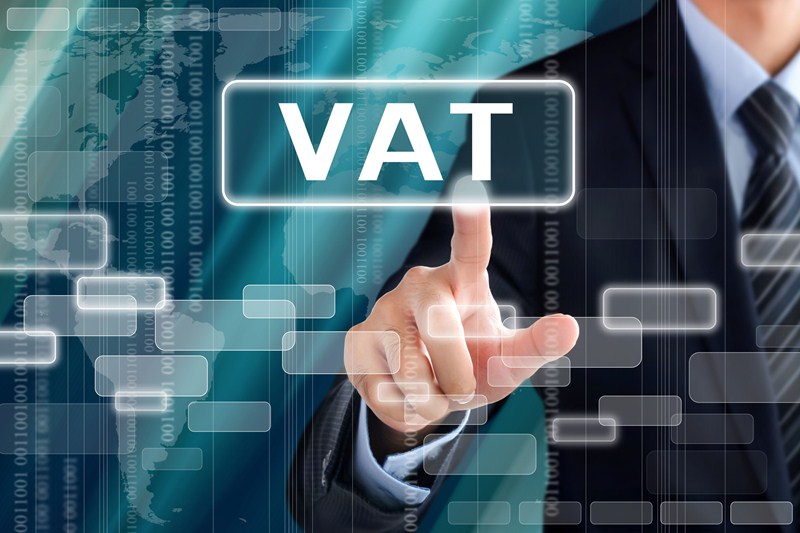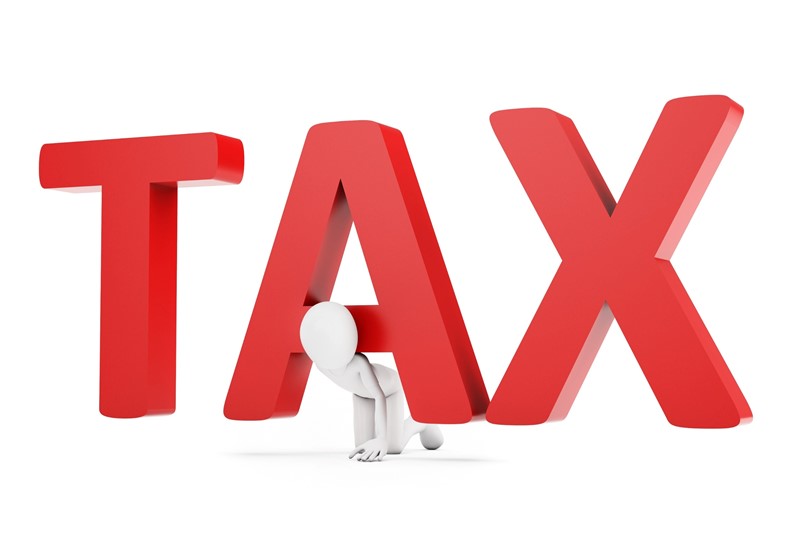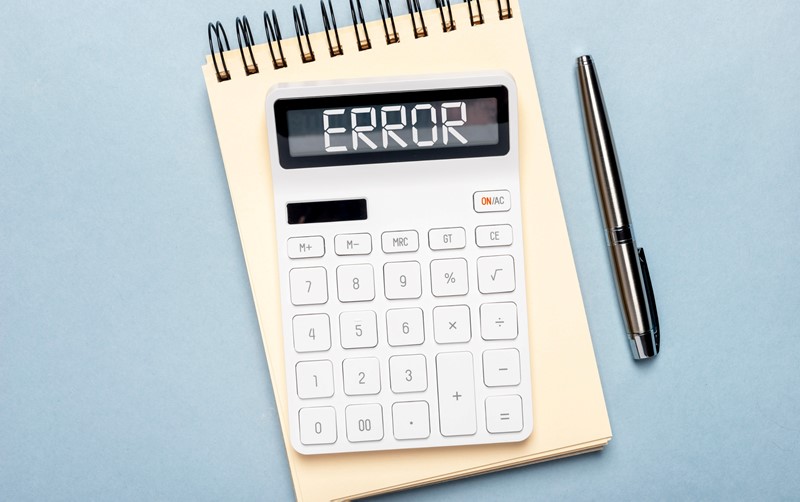If you are self-employed it is important to know if an expense is tax allowable. Any allowable costs can be used to reduce your taxable profit.
As a general rule you can claim for items that you would normally use for less than 2 years as allowable expenses such as stationery and other office sundries as well as rent, rates, power and insurance costs.
HMRC lists the following office expenses as being allowable:
- office costs, for example stationery or phone bills
- travel costs, for example fuel, parking, train or bus fares
- clothing expenses, for example uniforms
- staff costs, for example salaries or subcontractor costs
- things you buy to sell on, for example stock or raw materials
- financial costs, for example insurance or bank charges
- costs of your business premises, for example heating, lighting, business rates
- advertising or marketing, for example website costs
- training courses related to your business, for example refresher courses
Regarding training costs, you can claim training costs that help you:
- improve skills and knowledge you currently use for your business;
- keep up-to-date with technology used in your industry;
- develop new skills and knowledge related to changes in your industry; or
- develop new skills and knowledge to support your business – this includes administrative skills.
You cannot claim for training courses that help you:
- start a new business; or
- expand into new areas of business that are not related to your current business activities.









